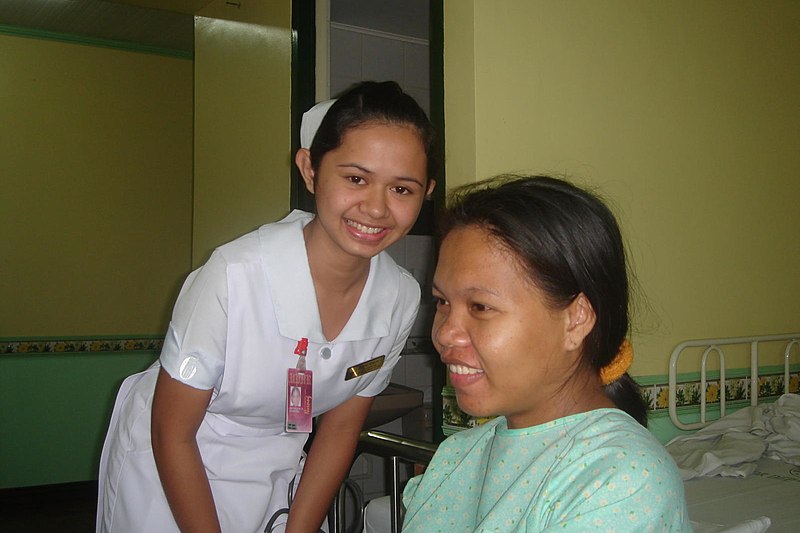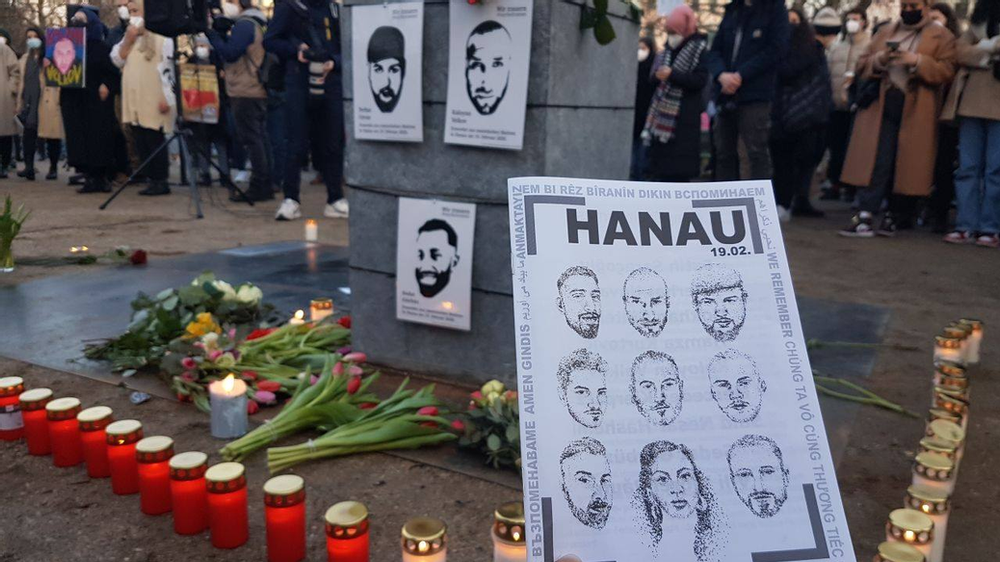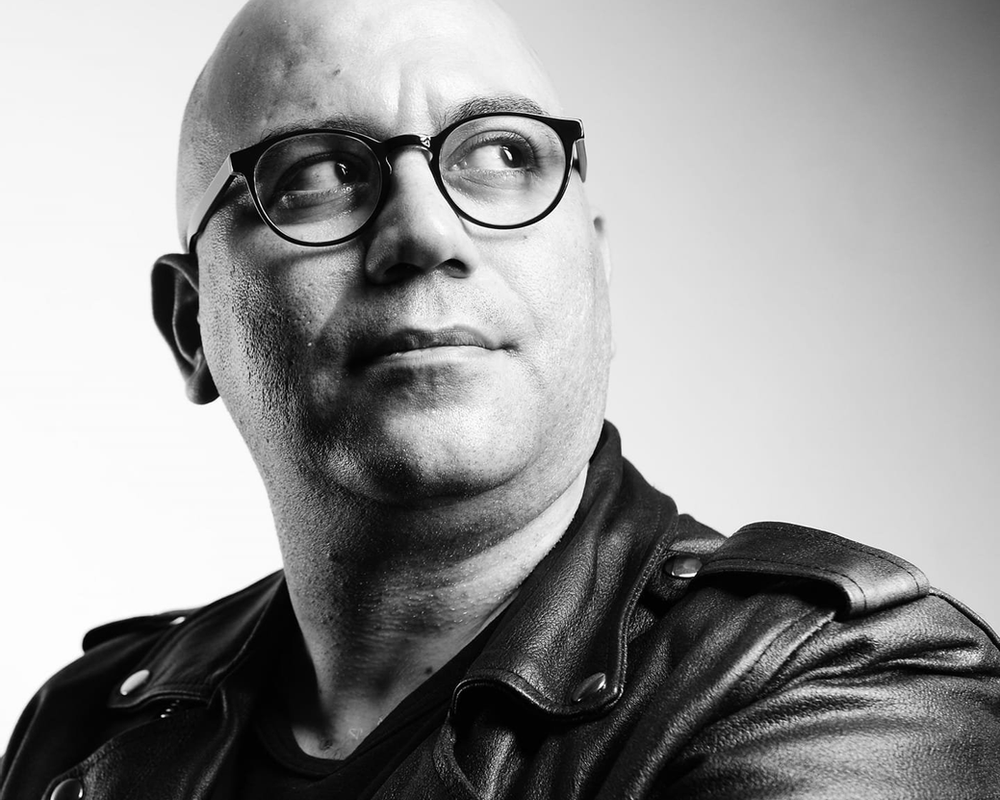This week, a good activist sent the following message to the DSA Berlin mailing list:
“So far I have noticed a major contrast between willingness to talk about ‘international solidarity’ and willingness to actually do it. When I invite a lot of activists or organisations to the meetings, they’re too busy with their local issues. I get it, I am in DW Enteignen too and I see that people are really busy with it. But surely there must be some time to come.
Heck, I even have the impression that my link to the open letter falls on deaf ears, even though it only takes a minute or two to read and sign it”
The context here was an attempt to build support for “Rentvolution“, a campaign to link right-to-housing movements and activists throughout Europe. I think that these are serious points that need addressing, although I disagree with some of the premises. This article tries to explain why.
Signing petitions is not enough in days like these
I’m not someone who regularly signs petitions and open letters, precisely because they only take a minute or two to read and sign. Appeals to the rich and the powerful to see the error of their ways largely fall upon deaf ears.
This is not to say that petitions are worthless. I have fond memories of my first wave of activism in the 1980s, asking people to sign against apartheid South Africa or attacks on abortion rights. The point though was to engage people in conversation about how they could support and get actively involved in current campaigns.
More recently, in a short period of time, 100,000 people in Germany have signed the Zero Covid petition. This is significant as it has shifted the terms of a debate which has been dominated for a year by supporters of the Merkel government (despite its preference for profits over people’s lives) or by a strange cabal of conspiracy theorists and right wing extremists who have organised the most visible opposition to Merkel.
Suddenly there was a palpable left-wing opposition to the government’s Covid policy, which was in the public consciousness mainly because of the number of people who had signed the Zero Covid petition. This is a basis for getting people involved in a much more lasting campaign.
Yet without an accompanying campaign, signing petitions can become a form of virtue signalling, which makes the signatory feel good, but does nothing to change the balance of forces and allows things to carry on as they are. In these circumstances, we can understand why many people are reluctant to sign on.
What does this mean for us now?
To be fair to the Rentvolution open letter, it is more than just an appeal to the Great and a Good, but a call for action on 27th March. I really hope that it will result in serious actions, but such actions are built by activists on the ground.
Now I have my doubts about this particular campaign, but that’s for a different article. Experience has shown that international networking can strengthen local campaigns. In Berlin, the most significant anti-gentrification campaign is Deutsche Wohnen & Co Enteignen (DWE). It is only right that DWE works together with all credible international campaigns.
But what does international networking mean in practice? While it is important to send delegates to international meetings, it would be a great error for all local activists to concentrate on these meetings at the expense of building something on the ground at home. We may learn things from our international compatriots but we can effect most change where we are.
DWE is currently organising a referendum in Berlin to “expropriate the big landlords“. If successful, it could have international ramifications. But this success depends on us all convincing our friends, workmates and random people on the streets to vote in the referendum, and to ensure that they also actively build the campaign.
The original post worries that being “too busy with their local issues” gets in the way of international solidarity. I would argue the reverse. If we win in Berlin, housing campaigners from Brooklyn to Barcelona, from Rio to New Delhi will see that it is possible to resist a rampant neo-liberal housing policy. We can then go to international networking meetings, not just to share hopes that the world could be better but to relate experiences of how this can be done.
International Networking
One of the few positive by-products of globalisation is that social movements have become more international. From Extinction Rebellion to Black Lives Matter, campaigns which started in one country have inspired people worldwide and resulted in similar campaigns being formed in other countries.
This international proliferation of activism has created a need for more cross-border networking, where we can share best practises and learn from the successes and failures of campaigns elsewhere. This is something that we saw in genesis in the first World and European Social Forums around the turn of the Century.
I remember being at the European Social Forum (ESF) in Paris in 2003 with a large delegation from Southern Germany. For many people it was the first time that they had been on a demonstration where there was a large block of white activists carrying Palestine flags. This prompted an important debate in a country that has been resistant and often hostile to Palestine solidarity.
Even more significant was the first ESF in Florence in November 2002. This was held in the shadow of imminent war with Iraq. One evening, a few hundred activists came together to plan what was to become the largest ever international demonstration – the anti-war demos around 15 February 2003.
I doubt that 15 February would have had the same character without this spontaneous meeting in Florence. Yet what was important was not just that a group of international activists came together, but that they represented something. I was there with a group of people from ATTAC Germany’s Globalisierung und Krieg (Globalisation and War) group, but there were also leading members of Britain’s Stop the War Coalition and equivalent organisations throughout Europe.
In the 3 months between Florence and the international mobilisation, we went back home and organised things. In Germany, the Globalisierung und Krieg group organised an international speakers’ tour which attracted thousands of people. In Stuttgart, where I was living, 400 people packed into the trade union hall. On 15 February, 20 buses made the 400 mile journey to the demonstration in Berlin, despite 50,000 demonstrating on the same day in Stuttgart.
None of this would have been possible if we hadn’t spent the previous years patiently building organisations at home – the trade unions who hosted the event and helped provide buses, the peace movement activists and of course ATTAC, who were able to mobilise their members and provide a pole of attraction to the people who were sickened by the threat of war and wanted to do something to prevent it.
Right to the CIty
One important part of DWE is the Right to the City group, which tries to involve the 25% of Berlin’s citizens who do not have a German passport. Although non-Germans are not even allowed to vote in the referendum, so far Right to the City has been remarkably successful in mobilizing dozens, maybe hundreds, of international activists.
Berlin is full of exile political organisations. Co-Liberation and Dziewuchy Berlin raise solidarity for the victims of abortion laws in Poland, Berlin for India organise demos in solidarity with the mass actions by Indian farmers. Similarly, Labour Berlin and Berlin for Bernie (now DSA Berlin) made significant contributions to the election campaigns of Jeremy Corbyn and Bernie Sanders.
These are all important organisations, and you can find out more about many similar campaigns on our Campaign of the Week page. Yet Right to the City is slightly different. The international nature of the group is important, but what is most important is that the main focus of activity is in Berlin. Exile organisations focussing on their “home” country can only involve some of these people for some of the time. All international activists in Berlin have both a stake in lower rents and the power to change things.
8 years ago, we set up the LINKE working group “Internationals” as an attempt to overcome some of the problems that activists in a foreign country encounter. The idea was to involve Berlin’s international community in German politics, but also to show the German Left that they have a wealth of experienced activists living in their cities. I see Right to the City as being in a similar tradition and am actively involved in the campaign. There is information at the bottom of this article about how you can get involved.
Only last week, I interviewed Hossam el-Hamalawy, the Egyptian journalist and activist about the leading role that he played in the so-called “Arab Spring” 10 years ago. I finished the interview with the obligatory question: “What is the best way in which people in the Global North can support the struggles in Egypt and make your fight our fight?”
Hossam’s answer was revelatory: “Pressure your governments into ceasing the arms exports and security cooperation with the Egyptian and autocratic regimes. Help spread the word about the abuses of the Egyptian regime, and actively lobby for the release of the detainees. And last but not least: Get active locally. It’s a global system of oppression, and we need to bring it down, in Cairo or Berlin.”
True internationalism lies in bringing people of all countries together in joint activity where they are. This will involve at some points signing petitions and attending international meetings, but it will also involve lots of unseen work in our own communities. So, yes, let’s please come together and discuss what is strategically necessary to build our campaigns, but don’t think that internationalism is only something that we do somewhere else.
What does this mean practically?
Let’s briefly return to the post that provoked this article. It can indeed be frustrating to feel that other people are not being as active as they could. This feeling is even stronger in times of Covid, when social interaction is limited. Isolation can mean that our righteous anger is atomised. The first reply to this is that most people have families, work and the need to occasionally have fun. We make the political work that we can in the time that is available to us.
Activity can also not be judged solely by counting the number of people on demonstrations. There is also the need for strategic discussion. Given that we don’t have the time to do everything, where should we concentrate our energies? This requires both individual and collective decisions. I may find one particular campaign more exciting, but often it’s better to get involved in larger and broader campaigns which have the social weight to change things. Sometimes the right political decision lies in choosing what not to do.
The reason why specific moments like 15 February 2003 are so well attended is because they attract participation that goes way beyond the activist community – people became active not just because of a sense of duty or political commitment, but because they really thought that their actions could have concrete results. It is much easier to convince someone to get involved when they think that what they are doing can change society.
The anti-gentrification campaign in Berlin has reached such a historic moment that has the potential to result in real change. We can win this one if we fight together.
Phil Butland is the speaker and founder member of the LINKE Berlin Internationals. For more information about activities of the group, send a mail to lag.internationals@die-linke-berlin.de.
Right to the City meets online every second Wednesday at 7pm. The next meetings are on 24th February and 10th March. For an invitation to the meetings, send a mail to right2thecity@dwenteignen.de.
On Monday, 15th March at 7pm, the Berlin LINKE Internationals are organising a public meeting Gentrification: are non-Germans to blame? And how can we expropriate the big landlords together? with Joanna Kusiak (Deutsche Wohnen & Co. Enteignen), Karen Nafersky (housing activist in Brooklyn) and Hülya Kilic (housing activist in Kreuzberg) . The meeting will be livestreamed at theleftberlin.com where you can send questions to the speakers.










